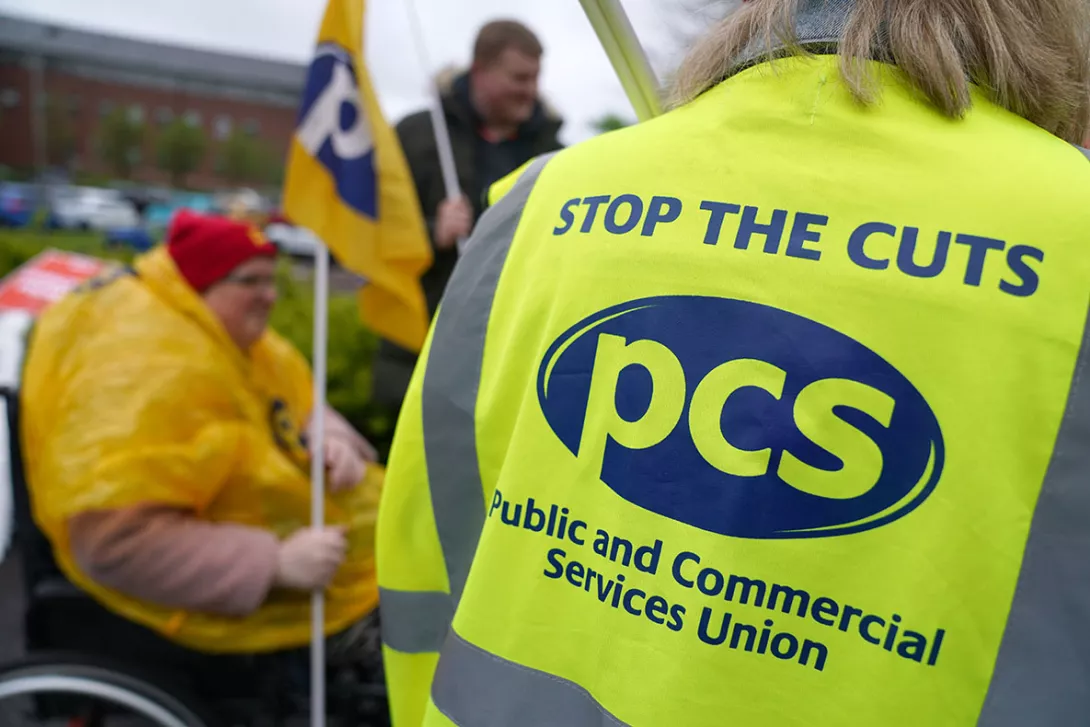The proxy war in Ukraine is heading to a denouement with the US and Russia dividing the spoils while the European powers stand bewildered by events they have been wilfully blind to, says KEVIN OVENDEN
Public-sector workers have been treated shamefully for too long
Civil Service wages are appallingly low, with our members’ pay unable to keep pace with even just the basics, warns FRAN HEATHCOTE
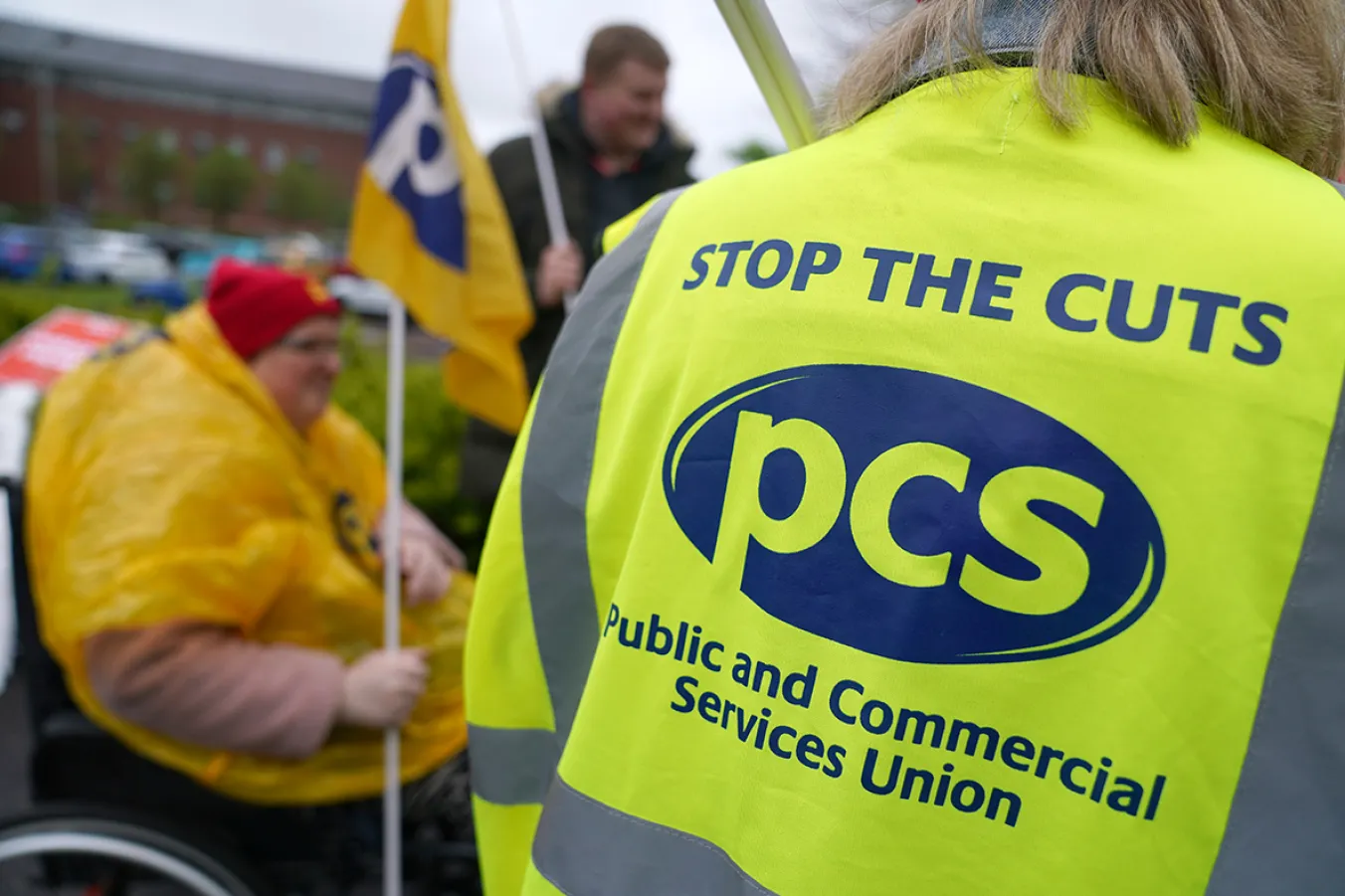
THE STUC meets at what is a pivotal moment for our movement and our class.
In a general election year, as we witness the death throes of a failing Conservative government, operating a scorched-earth policy, while simultaneously still trying to hang on to power, we need bold and radical ideas now more than ever, and it is so important that we work with as much solidarity as we can muster to build a vision of a real alternative. An alternative that millions of ordinary people are crying out for.
Fourteen years of austerity, a global pandemic and a catastrophic cost-of-living crisis have all had a crippling impact on the working class and they’ve exposed a fundamentally flawed economic model.
More from this author

ROS SITWELL reports from a conference held in light of the closure of the Gender Identity and Development Service for children and young people, which explored what went wrong at the service and the evidence base for care

ROS SITWELL reports from the three-day FiLiA conference in Glasgow
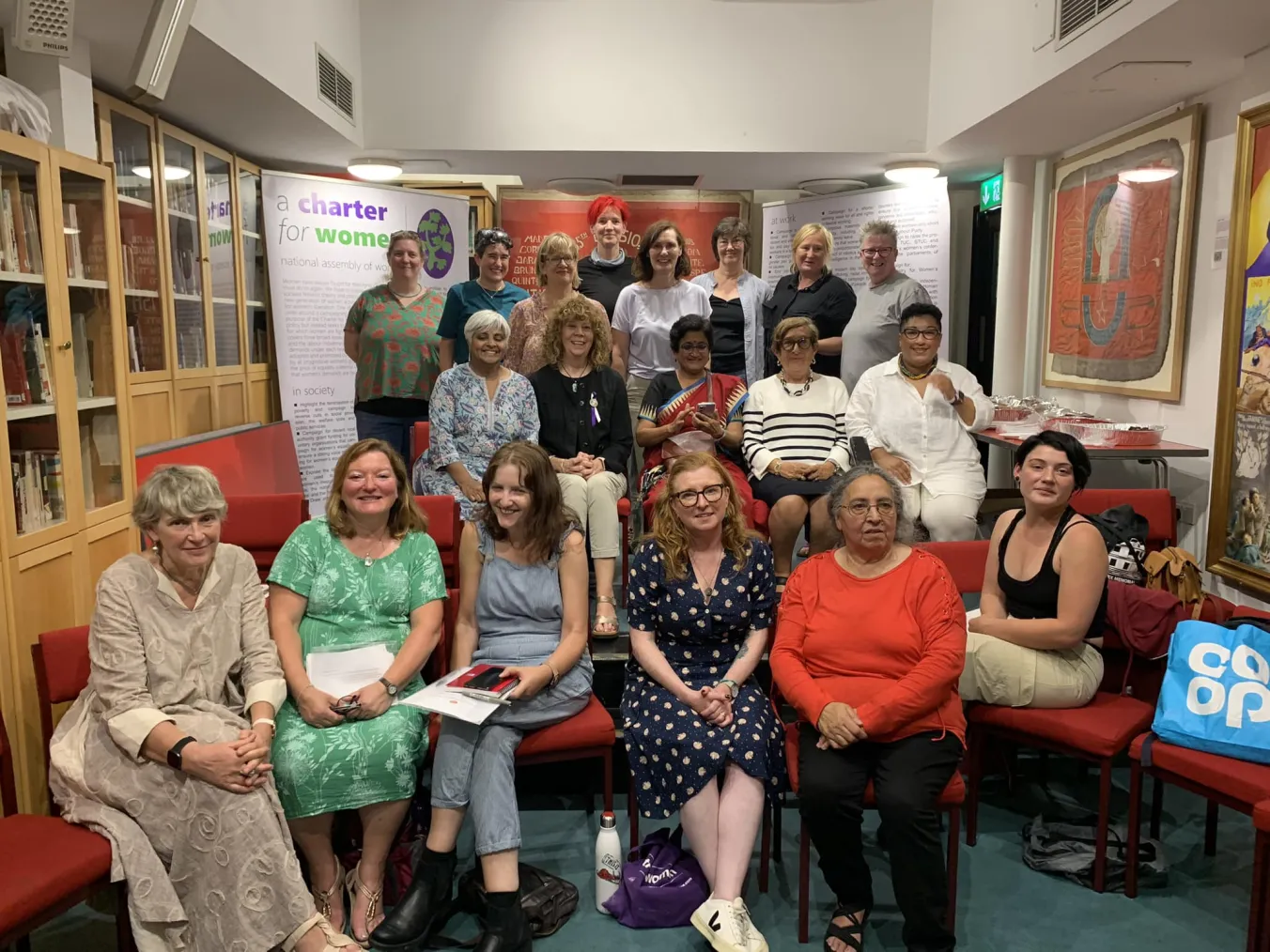
ROS SITWELL reports on a communist-initiated event aimed at building unity amid a revived women’s movement

London conference hears women speak out on the consequences of self-ID in sport
Similar stories
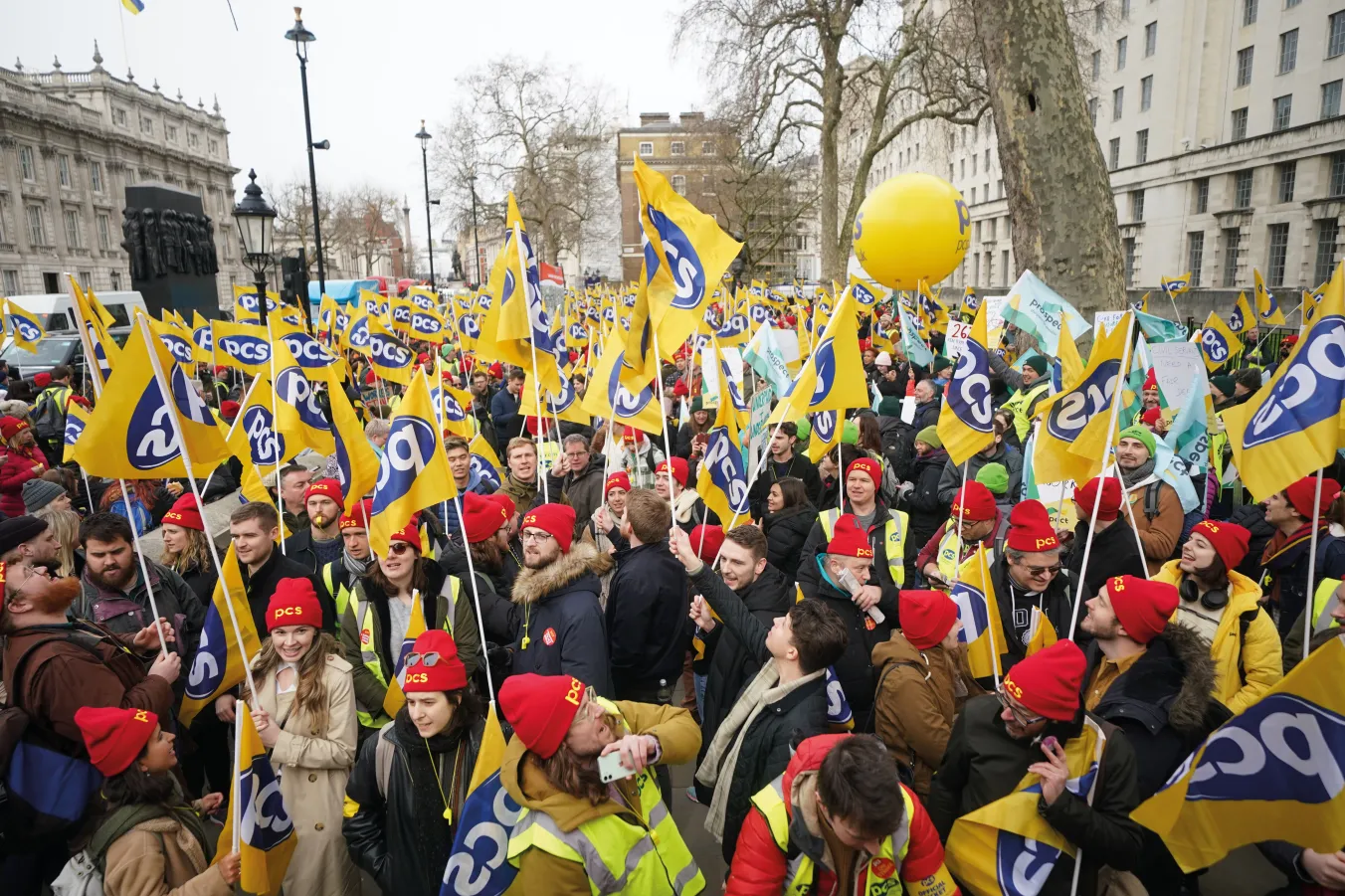
There is no stronger economy without the stronger wages that provide extra disposable income, which is why workers – including civil servants – must have their pay boosted in real terms, along with restored union rights and insourcing, says FRAN HEATHCOTE
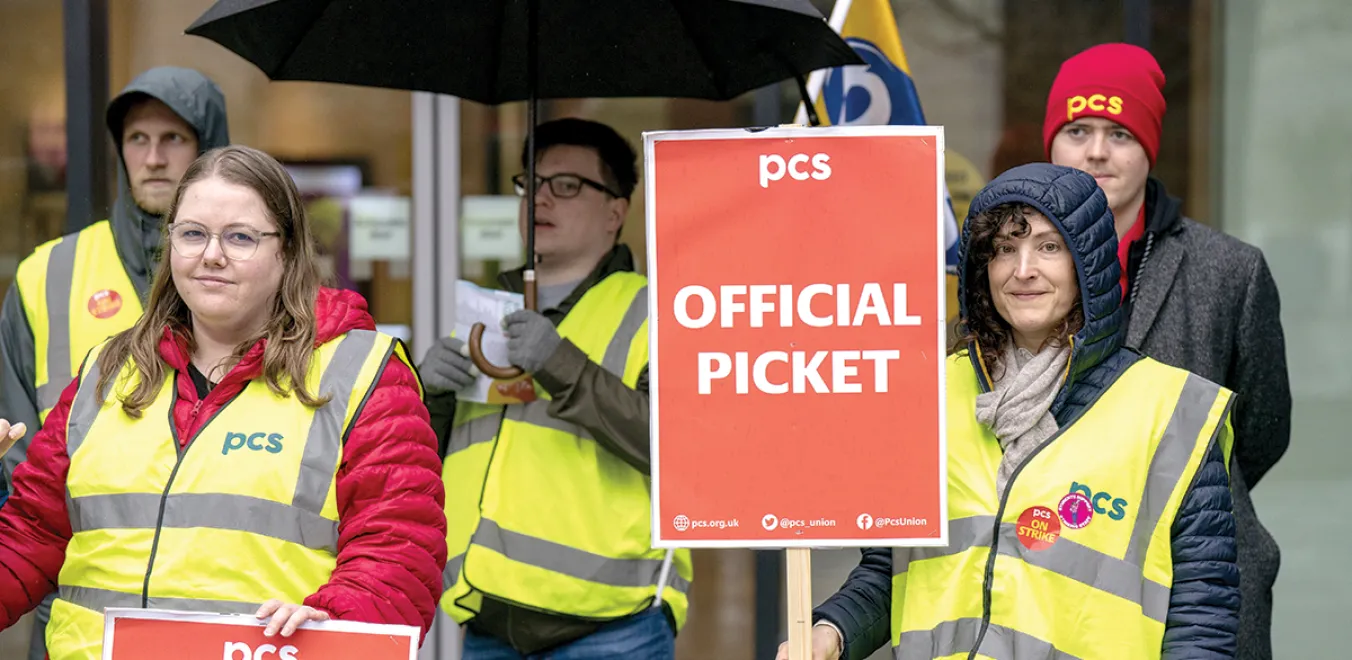
As Labour takes power, PCS general secretary FRAN HEATHCOTE urges solidarity to push for workers’ rights and calls for pension justice and job security after years of Tory attacks on civil servants

The outrageous minimum service levels legislation has been brought in to break the growing momentum of our movement — but these attacks won’t work, writes PCS general secretary FRAN HEATHCOTE










